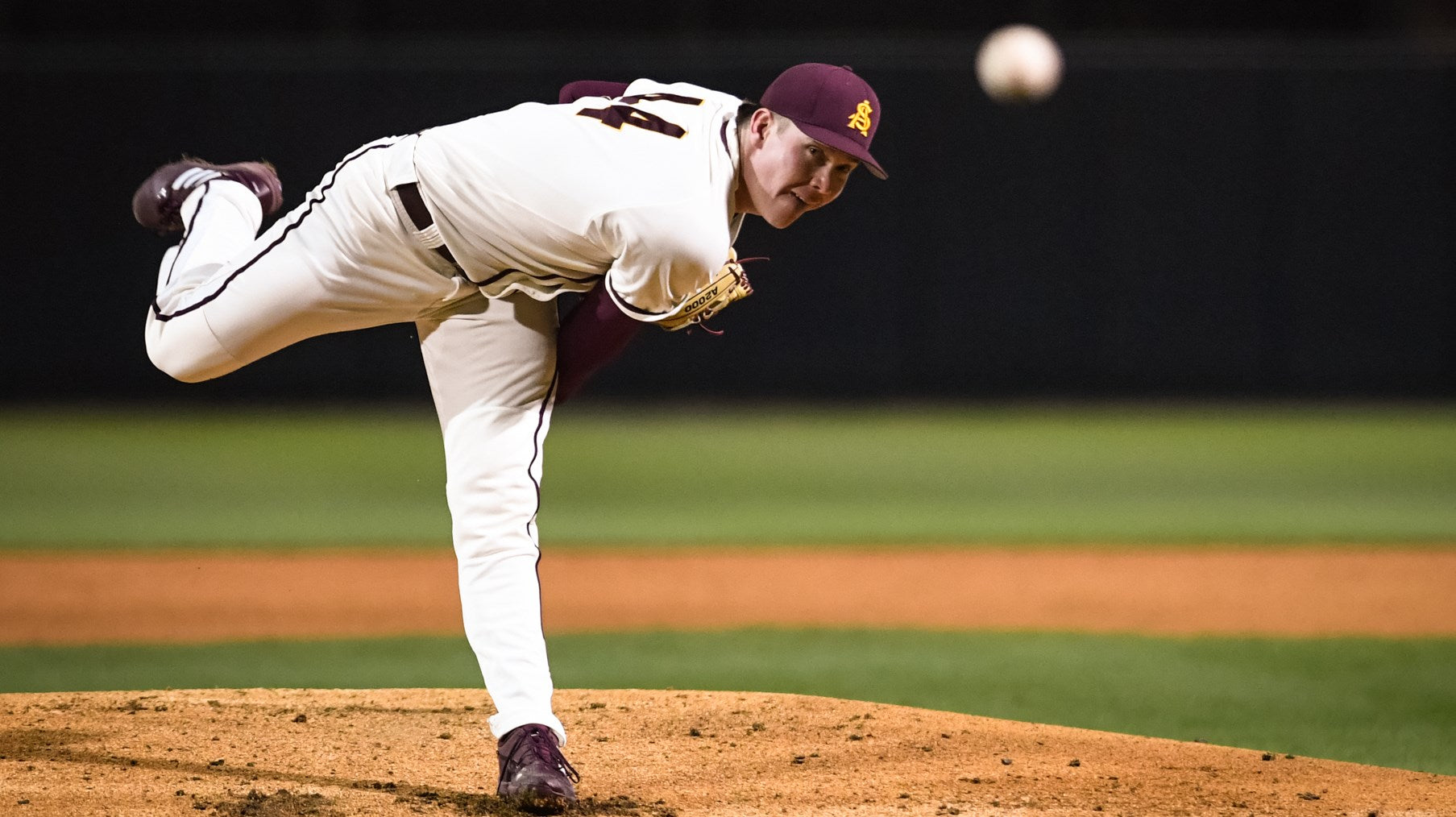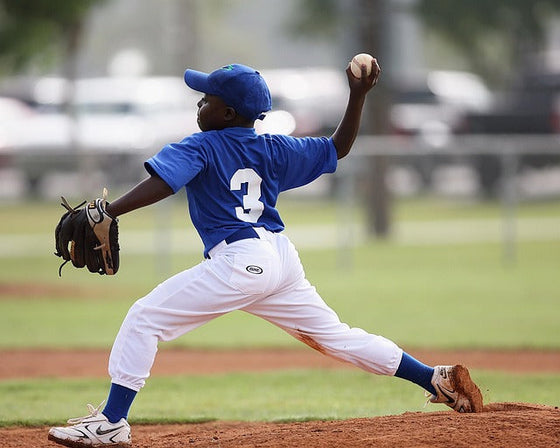by Bobby Woods August 14, 2024

In baseball, mastering pitch recognition and reaction time is essential for the best hitting. Baseball hitters who excel in these areas are more adept at making solid contact, adapting to different pitch types, and improving their overall performance. The following article delves into the significance of pitch recognition and reaction time, offering tips for enhancing these skills, and exercises to boost hitting accuracy, all while incorporating insights from batting video analysis.
Pitch recognition refers to a batter’s ability to identify the type of pitch being thrown and predict its trajectory. This skill is essential because it allows batters to make informed decisions about whether to swing and where to aim the bat. Good pitch recognition helps batters differentiate between fastballs, curveballs, sliders, and other pitch types, ultimately leading to better contact and more hits.
Bobby Woods is a former Chicago Cubs Player & Arizona State University graduate.
Each pitch type has distinct characteristics. Fastballs are typically thrown with straight trajectories, while curveballs and sliders feature significant movement. By recognizing these characteristics, batters can anticipate the ball’s behavior and adjust their swing accordingly. For example, recognizing a curveball early allows a batter to wait longer and adjust their timing to make contact.
The release point of a pitcher provides valuable clues about the pitch type. By observing the arm angle, grip, and body movement, batters can gain insights into what type of pitch is coming. A consistent release point can indicate a fastball, while variations in release point may suggest off-speed pitches.
Reaction time is the speed at which a batter responds to the pitch once it has been recognized. A shorter reaction time enables batters to swing faster and make contact with the ball, improving their chances of hitting the pitch effectively. Reaction time is influenced by several factors, including vision, hand-eye coordination, and mental preparation.
Hand-eye coordination is critical for accurate hitting. Exercises that enhance this coordination can improve a batter’s reaction time. For example, drills that involve tracking a moving object, such as a ball or a light, can help develop this skill. Better coordination enables batters to adjust their swing and make contact with the ball more consistently.
Visual acuity is the ability to perceive and process visual information quickly. Batters can improve visual acuity through exercises that challenge their ability to track fast-moving objects and identify subtle changes in motion. Exercises such as tracking a ball with varying speeds or colors can enhance visual acuity and contribute to faster reaction times.
Reviewing game film can provide valuable insights into a pitcher’s tendencies and pitch patterns. By analyzing footage of opposing pitchers, batters can learn to recognize common pitch types and adjust their approach accordingly. Pay attention to the pitcher’s mechanics, release points, and pitch sequences to gain a better understanding of their pitching style.
Regular practice with various pitch types can help improve pitch recognition. Batters should work with coaches or pitching machines that simulate different pitches, including fastballs, curveballs, and sliders. Practicing against these pitches helps batters become more familiar with their movement and adjust their swing mechanics.
Specific drills can help enhance pitch recognition skills. For example, using a pitching machine that throws different pitch types at varying speeds can simulate game conditions and improve a batter’s ability to recognize pitches. Additionally, drills that focus on reacting to visual cues, such as changes in pitch speed or movement, can enhance recognition skills.

Reaction time drills are designed to improve a batter’s ability to respond quickly to visual stimuli. For example, players can use a reaction ball, which bounces unpredictably, to practice catching or hitting. This type of drill helps develop quick reflexes and improves overall reaction time.
Agility training exercises, such as ladder drills or cone drills, can enhance a batter’s footwork and overall speed. Improved agility allows players to react more swiftly to pitches and adjust their swing position more effectively. Incorporating agility training into a regular workout routine can contribute to better reaction times.
Simulated pitching drills, where batters face live or machine-pitched balls with varying speeds and movements, help mimic game conditions and improve reaction times. These drills challenge players to react quickly and make adjustments based on pitch type and location.
Pitch recognition and reaction time are essential skills for successful hitting in baseball. By improving pitch recognition, batters can identify pitch types and make informed decisions at the plate. Enhancing reaction time allows players to respond quickly and make accurate contact with the ball. Through targeted drills and exercises, players can develop these skills and elevate their batting performance. Whether through game film analysis, practice with different pitch types, or reaction time drills, investing time and effort into these areas will lead to better hitting accuracy and overall success at the plate.
Comments will be approved before showing up.

by Bobby Woods November 26, 2025

by Bobby Woods June 10, 2025

by Bobby Woods April 22, 2025
Sign up to get the latest on sales, new releases and more …

Bobby Woods
Author